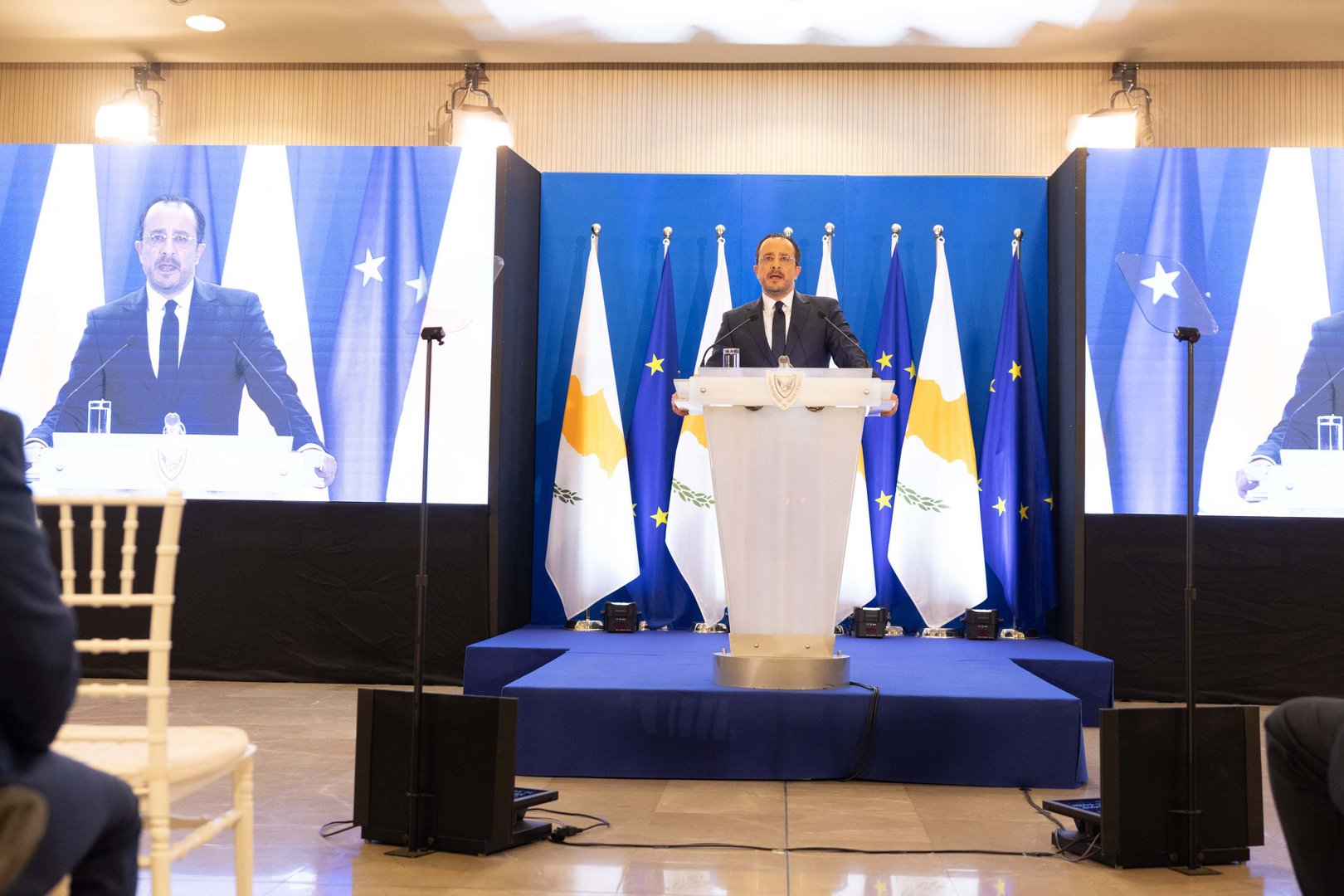Wrapping up his televised presentation of the government’s plans for this year, President Nikos Christodoulides said he had announced more than 80 policies and actions that would be implemented in 2024 “after dialogue with the legislative authority and independent institutions, the cooperation of whom I am counting on.”
The president reminded that he had included in the programme of his administration “the annual presentation of the legislative programme the executive intended to pursue.” This would contribute to the “transparent and prompt communication of everything the government planned and would put in motion,” he said, describing it as “a great effort.”
In reality, this was a presentation of a government wish list, as if we were still in an election campaign and vague promises were still the only currency. It also betrayed a certain lack of touch with political reality by the president, who gives the impression he is unaware of how slowly things move in the civil service and the legislature, where the parties could be discussing bills for months.
For example, we have been hearing about the introduction of the digital signature for three or four years now, but all sorts of obstacles emerged. The collapse of the e-justice system last week indicated that on the digitalisation front, Cyprus still has a lot to learn before it could talk about a “digital transformation”, which according to the president would be “the means for the creation of a modern, efficient and citizen-friendly state.”
As for the creation of the “digital citizen” in 2024, this sounds more like wishful thinking rather than a realistic evaluation of the state’s capabilities. The same could be said about “combating bureaucracy” so that procedures, such as the payment of social benefits and pensions would be speeded up. No government has managed to bring the bureaucracy under control, so it is difficult to believe that one beholden to the unions would succeed, but we hope it does.
Last summer, the commerce minister had said the e-kalathi app, that would allow consumers to compare prices charged for basic goods by supermarkets, would be ready last autumn. We were subsequently told the app would be ready next summer, not because the minister wanted to fool anyone, but because he was unaware of how slowly things work in government. It appears the president has made the same mistake, overestimating the state machinery’s ability to deliver promptly.
Some of the items on the wish list will be achieved but it is worth asking why the president has opted to list so many policies and actions? Nobody would have criticised him if he had listed one fourth of the items he mentioned on Monday night, so why has he chosen to subject himself to such a tall order? We can only speculate that after 11 months in office he has still not come to terms with the mechanics of government.






Click here to change your cookie preferences